With the advancement of technology, from manual labor, machinery, electronics, to now the cloud, it has long become a part of most people’s lives. In today’s world of advanced internet and wireless communication technology, the internet has more possibilities, and concepts such as the Internet of Things (IoT) and the Internet of Vehicles (IoV) are the next direction in the wheel of the times. So, what is the Internet of Vehicles?
Let me explain step by step.
The concept of the Internet of Things was proposed a long time ago, but it was only recently clearly defined. The English name is Internet of Things (IoT). In simple terms, the Internet of Things allows objects to connect to the internet and transmit their information to the cloud, which can be used by others. Therefore, today’s smartphones are already considered a part of the Internet of Things.
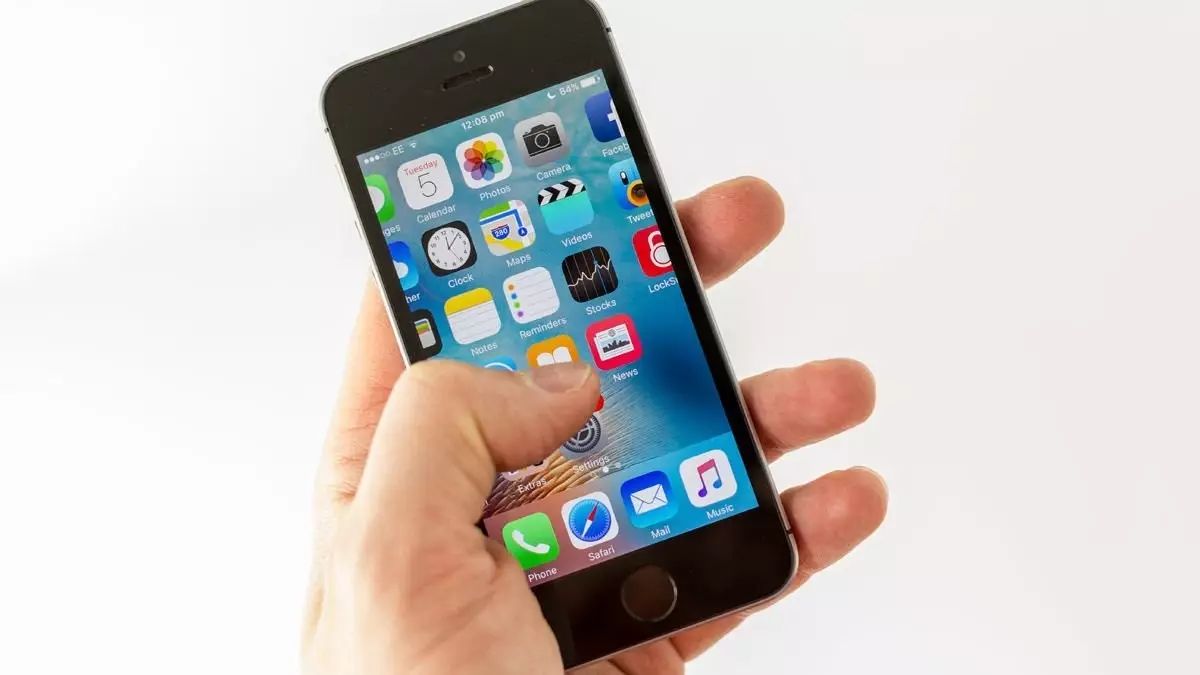 The popularity of smartphones can be said to be one of the driving forces behind the advancement of the Internet of Things..
The popularity of smartphones can be said to be one of the driving forces behind the advancement of the Internet of Things..
For practical examples, consider a temperature sensor in a home air conditioner that can upload indoor temperature to the internet, allowing users to know the indoor temperature through their smartphones or computers while they are away. Or, a washing machine can inform users of the current washing process and send fault alerts, allowing users to control it remotely.
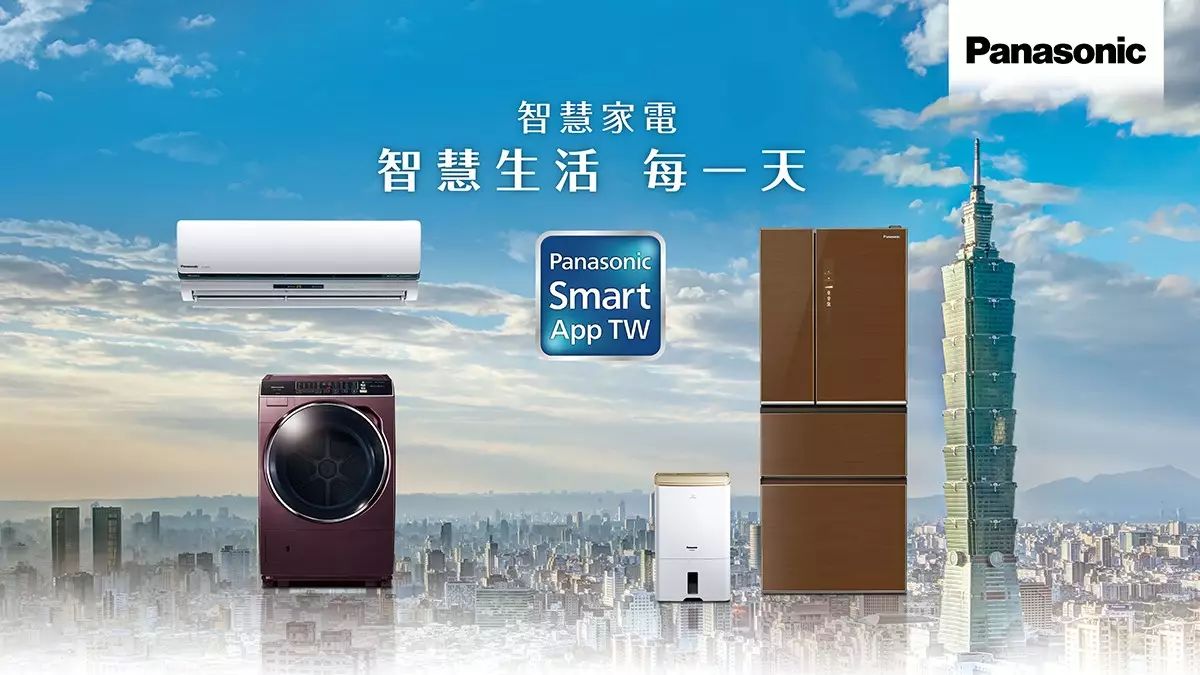
Panasonic’s smart home products are part of the Internet of Things. (Image: Panasonic)
In fact, the development of the Internet of Vehicles has a long history, but it has grown rapidly with the popularization of the internet. The English term is Internet of Vehicles (IoV). Like the Internet of Things, vehicles can transmit information to the cloud. This means that vehicles can become a part of the network, exchanging information with other connected devices and forming a data network. A simple example today is MotoGP racing, where all sensor signals on the racing bike are transmitted to the pit area, allowing the team to monitor information, which is part of the Internet of Vehicles.
 Many pieces of information from MotoGP bikes are transmitted wirelessly to the pit.
Many pieces of information from MotoGP bikes are transmitted wirelessly to the pit.

Each vehicle can transmit and receive information, forming a network.
Currently, BMW’s Connected Drive is the closest integrated service to the Internet of Vehicles technology, with vehicles equipped with SIM cards that can connect to the internet. If it detects a collision signal, it will actively transmit information to emergency services (smart emergency assistance), or the owner can use their smartphone to remotely start the vehicle’s air conditioning (smart remote control), and it also has various functions such as remote after-sales service, online life information, real-time traffic information, and travel consulting.
· How about related technologies in motorcycles?Currently, motorcycles on the market do not have built-in SIM card setups like BMW; instead, they use mobile platforms as a networking solution, connecting through the vehicle’s Bluetooth system with mobile devices and using the mobile device’s 4G network to connect. This means that related applications on motorcycles still rely on smartphones as the network interface.
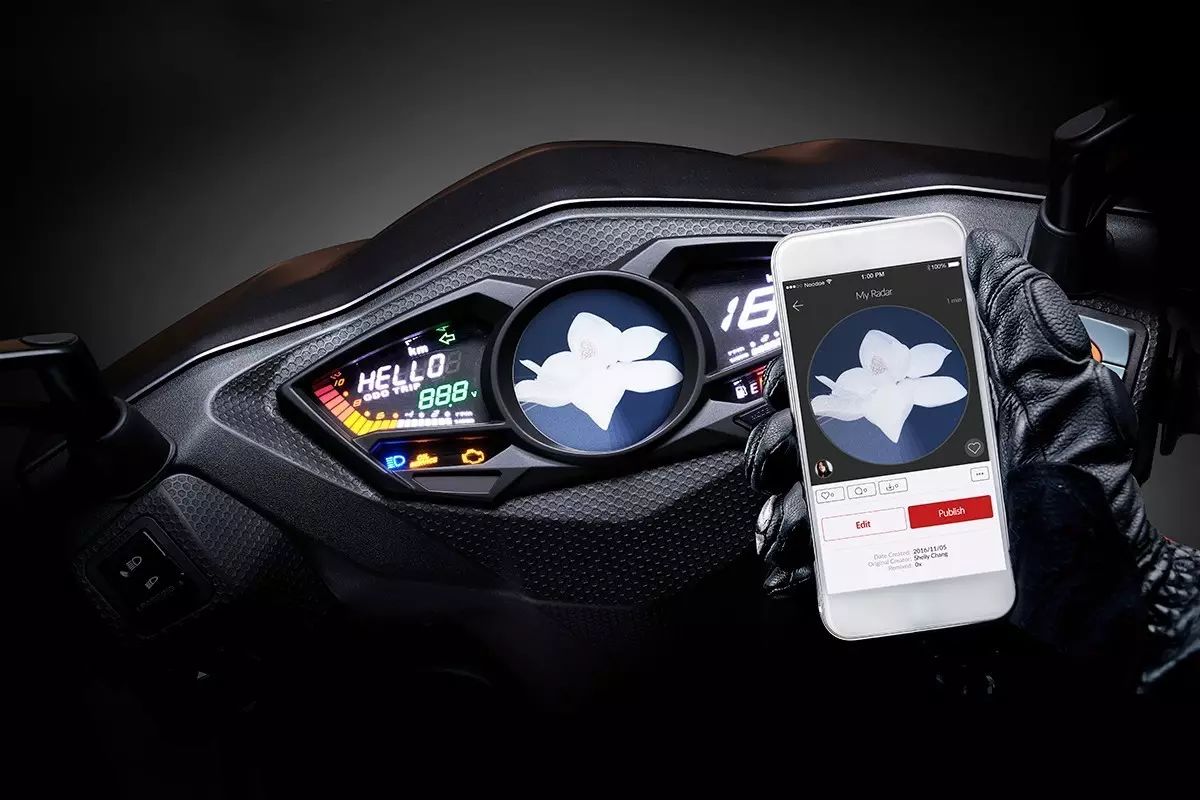 Currently, motorcycle internet connectivity still relies on smartphones as the network interface.
Currently, motorcycle internet connectivity still relies on smartphones as the network interface.
· What will motorcycle internet connectivity look like in ten years?As the Internet of Vehicles becomes more widespread, manufacturers will likely design networking devices directly into the vehicles, eliminating the need to upload information to the cloud via mobile devices. Vehicle-to-Vehicle (V2V) communication will gradually penetrate everyday life, although widespread adoption is still some distance away. Additionally, motorcycle information will be uploaded to the cloud, and checking error codes will no longer require a direct connection to the vehicle. In the event of a vehicle malfunction, service stations will be able to perform remote diagnostics, or the vehicle can actively contact service stations when it detects anomalies.
 In the future, situations where one is stranded without assistance will not exist.
In the future, situations where one is stranded without assistance will not exist.
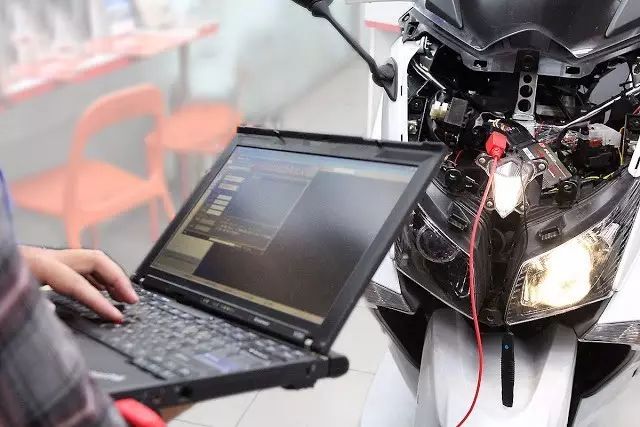
In the future, it will be possible to check vehicle fault codes without going to the service station.
Additionally, when the vehicle is moved or the engine is started, it will actively notify the owner. The vehicle will also provide timely suggestions based on riding information, such as automatically searching for and displaying the nearest gas station when fuel is low, or notifying riders to slow down before entering construction zones. · In the future, the Internet of Vehicles will even inform about road construction ahead. The operation interface may also begin to incorporate voice control, allowing riders to control networking systems not through button operation but via Bluetooth headsets. Not only can they use voice control to manage functions such as route planning, but the vehicle may also respond to riders with voice feedback, reporting battery status, tire pressure, and other pre-ride checks. During route planning, it can also actively assess whether there is enough fuel and plan refueling routes.
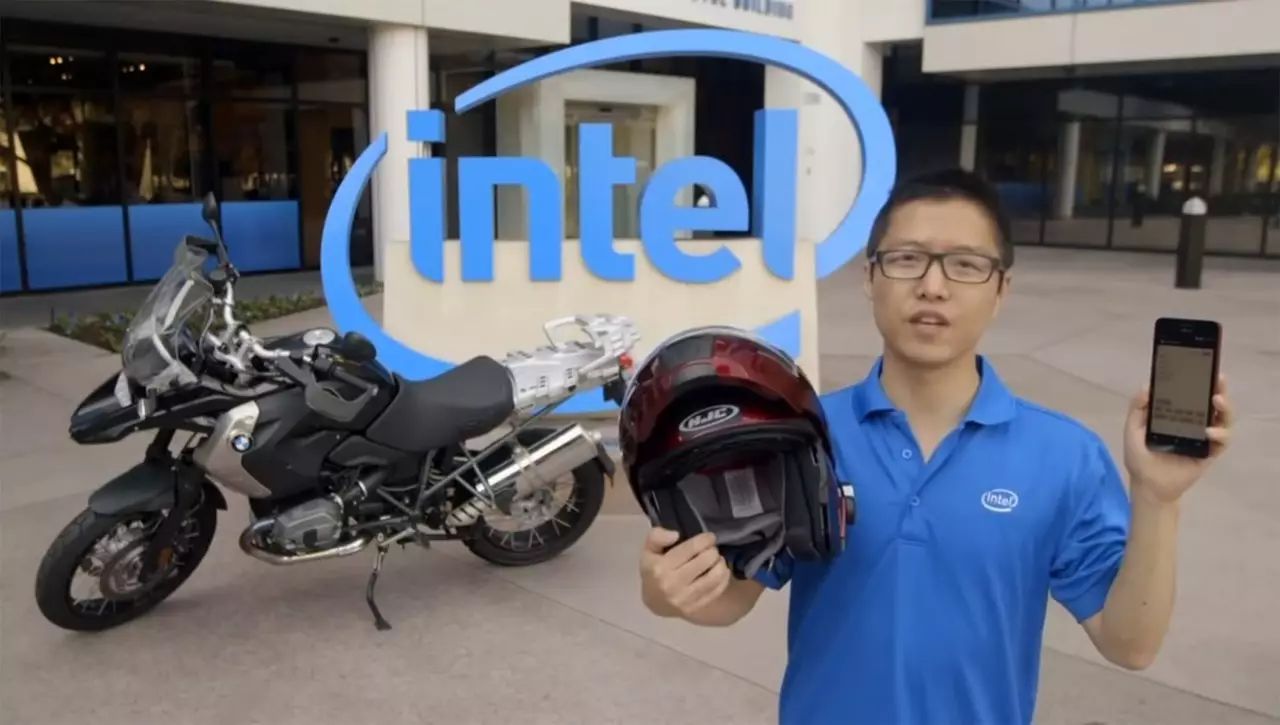 Previously, Intel demonstrated the performance of the Edison chip set by designing a voice-controlled vehicle internet system with BMW R1200GS.
Previously, Intel demonstrated the performance of the Edison chip set by designing a voice-controlled vehicle internet system with BMW R1200GS.
—— This article is reprinted from IoT Home, please contact us promptly if there is any infringement —
Recommended Reading

(Click the text below to view)
IoT vs. Internet: How Far Are We from Smart Parking?
What Can the IoT Do in the Face of Disasters?
Analysis of the Performance of Four Major Communication Equipment Manufacturers in the First Half of the Year
When an Earthquake Strikes, These Robots Can Save Lives
What’s the Difference Between IoT and IoE?
Black Technology: Let You No Longer Wait for Traffic Lights
Fun Yet Caution: The Safety Risks of IoT Toys
Understanding the Internet of Things at a Glance
The Entrepreneurial Dream in the IoT Era: Small Ideas, Big Businesses

More Exciting Content
Please continue to follow IoT technology

(Scan to follow Chinese Core Journal “Modern Electronic Technology” WeChat official account)
